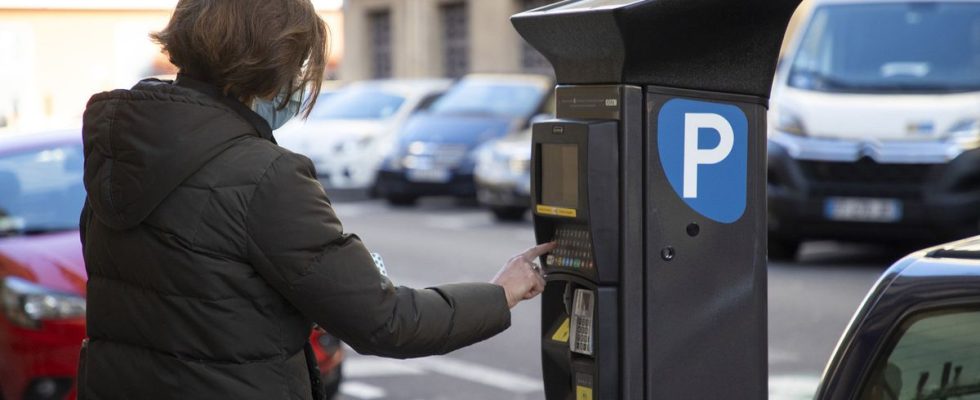This Thursday, Emmanuel Grégoire, first deputy to Anne Hidalgo, and Lamia El Aaraje, Deputy Mayor of Paris in charge of universal accessibility and people with disabilities announced measures to facilitate parking for people with disabilities. disability in the capital.
Thus, from next September 1, people with disabilities will be able to register two different license plates, instead of one, in the referencing Handistat designed to provide them with free parking throughout the city.
Two license plates and removal of the free ticket
These two plates can be used to register the vehicle of a relative or helping friend who regularly transports the person in Paris. This is also an evolution since from now on, no kinship or geographical location will no longer be required for caregivers. “This will facilitate the typical situation of people living outside Paris, but who have to come there often to help a loved one with a disability, who can choose the person concerned themselves,” explains Emmanuel Grégoire.
Until then, free parking was conditional on issuing a free ticket, to demonstrate the time of arrival and departure of the person concerned. To simplify parking for people with disabilities, this free ticket will be abolished. “This simplifies the procedures and avoids having post-parking fixed prices (FPS – verbalization) which are unduly attributed. For people with disabilities, it is already difficult enough to get around, no need to add to it, ”justifies the elected official.
Accelerated parking fine refund procedures
These FPS precisely will also see their treatment evolve. About 100,000 verbalizations are drawn up each week in Paris, of which 4,000 are disputed. Of these 4,000 disputes, half are reimbursed. If the municipality hopes to see their number decrease with the abolition of the free ticket, it also promises that the processing and reimbursement procedures will be accelerated. They should go from a period of eight months to two months, to avoid the financial difficulties caused for people with disabilities, often reported by associations.
And to make life easier for people in difficulty, these measures will also be applied to health professionals who will benefit from the abolition of the free ticket.

